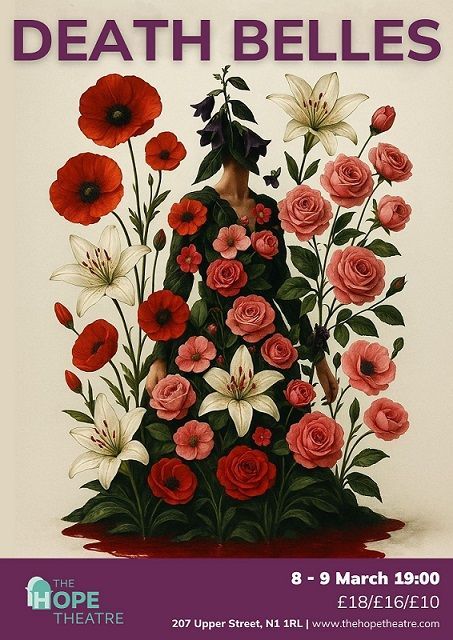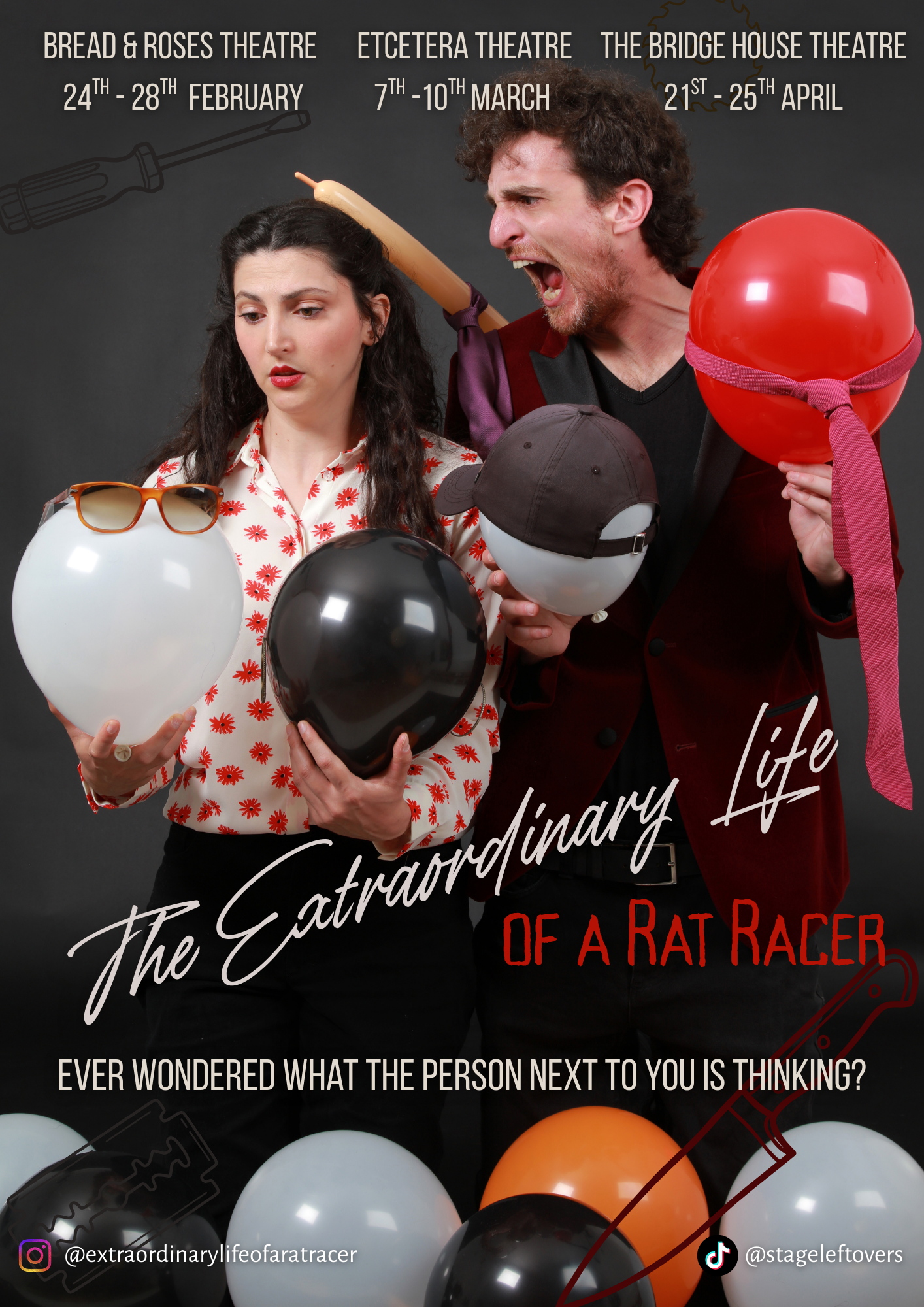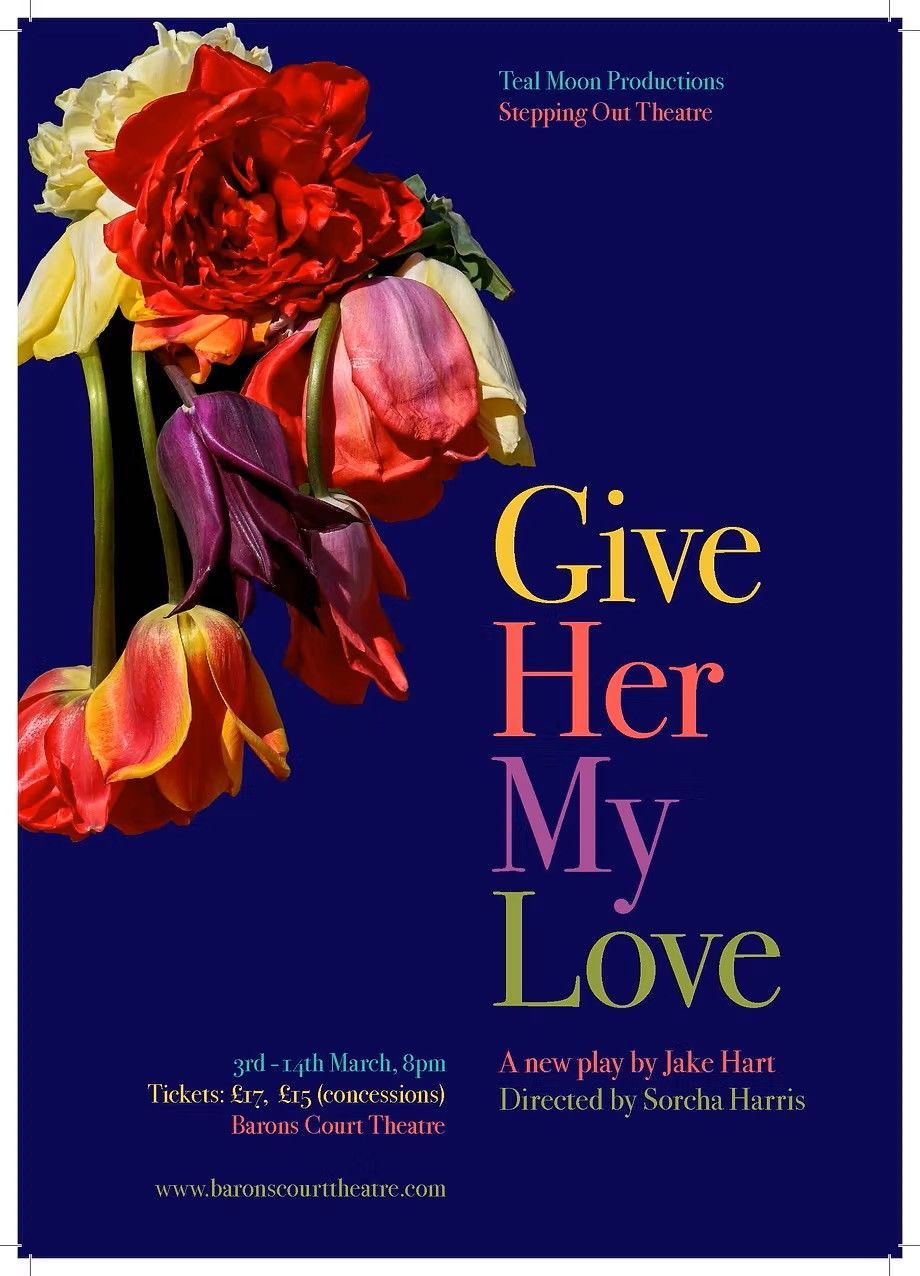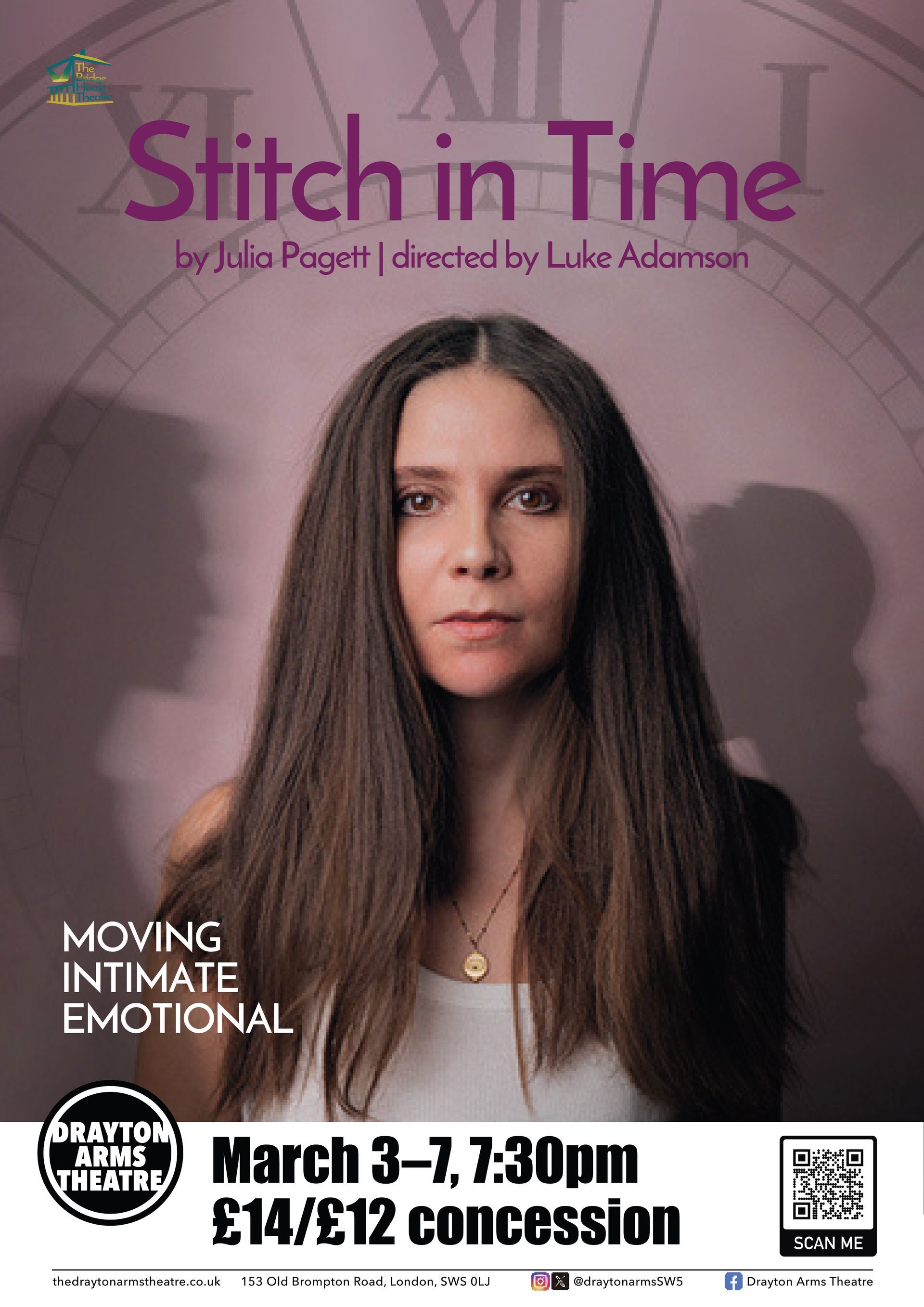REVIEW: HAM:BETH by Modern Table at The Place 23 May 2025
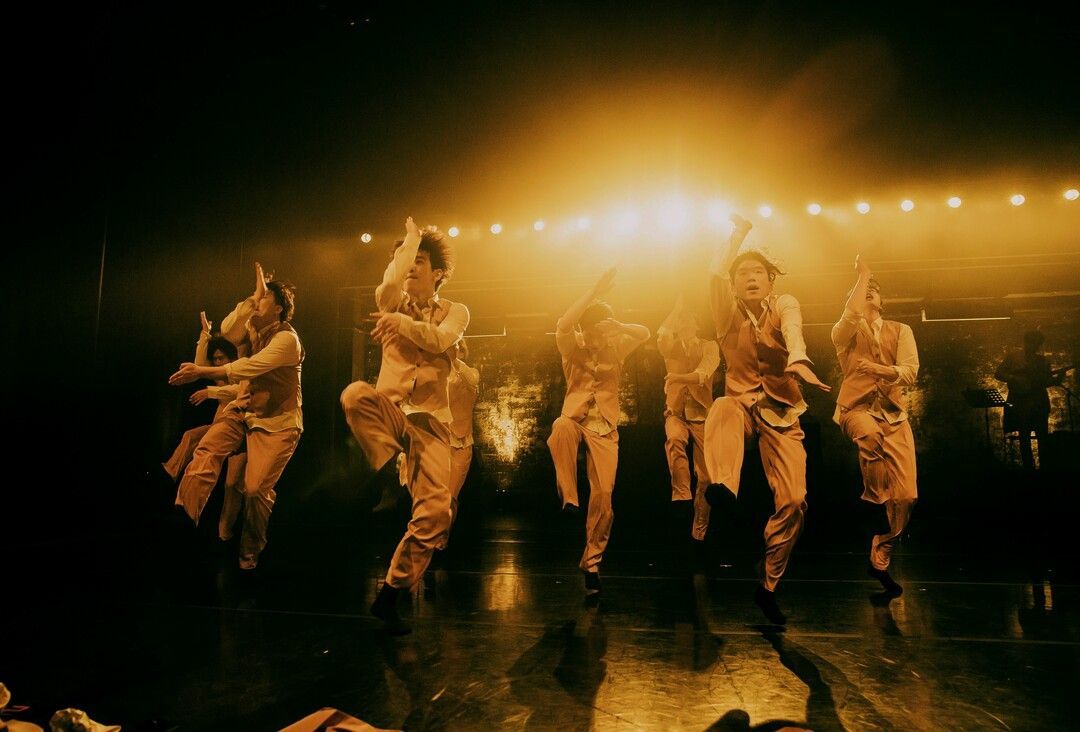
‘The Explosion of Masculine Power: Made in Korea’ ★★★★½
As a Korean-born, first-generation migrant in the UK, navigating identity can be disorienting. You quickly learn new terms like “person of colour”—a label that still puzzles me. Who doesn’t have colour? Then comes the pressure to present something “yours”—meaning something East Asian, Korean, exotic. Something others don’t have.
It was the term “global majority” that made me realise I had become a minority. Being part of the majority is like breathing—you don’t notice it. Now I became marked by difference, yet not different enough. That in-between space forces you to justify your presence, to prove your humanity. As Minority Feelings puts it, the effort becomes a quiet, ongoing practice—not just about who you are, but where you are.
That’s why Ham:beth, a production by Korean company Modern Table, felt so electrifying. It doesn’t care about global identity politics nor gender conflicts in Korea. It is purely about them—their thoughts, their bodies, their movement. The dancers wear slick yellow suits, move with precision and velocity, and create rhythm using not just instruments, but paper, microphones, and their own bodies.
It’s a pure explosion of East Asian masculinity—nimble and loud, tender and aggressive. It reminded me of the golden era of 1990s Hong Kong cinema—films full of stylized emotion, with stars like Leslie Cheung commanding the screen. By focusing on themselves, it's unapologetically “made in Korea,” proudly waving the flag of the Korean Dance Festival. This is not about diaspora identity or minority experience—it’s rooted in the motherland.
Though marketed as "when K-pop meets Shakespeare," this is neither a Shakespeare play nor a K-pop performance. The themes borrowed from Hamlet and Macbeth—“To be or not to be,” “To take or not to take”—serve as launching points for existential and emotional exploration. These questions are transformed through movement, percussion, and Korean traditional singing.
The latter half of the performance shows the Korean concept of Puri, a term often used in shamanistic traditions. Puri refers to the release of emotional knots—a form of catharsis. The show’s relentless choreography meets this spiritual element in a way that feels both ancient and fiercely contemporary. The dancers collapse by the end, as if emptied out by their own exorcism.
What’s most remarkable is that Ham:beth isn’t trying to “represent” anything. It’s not about Shakespeare, Korean tradition, or K-pop. It’s about the modern human condition, expressed through every tool the choreographer possesses. Shakespeare isn’t revered—he’s just one of many influences. And that’s what makes Ham:beth so exhilaratingly Korean, so defiantly masculine, and so intensely modern.
Ham:beth by Modern Table
A Festival of Korean Dance 2025
